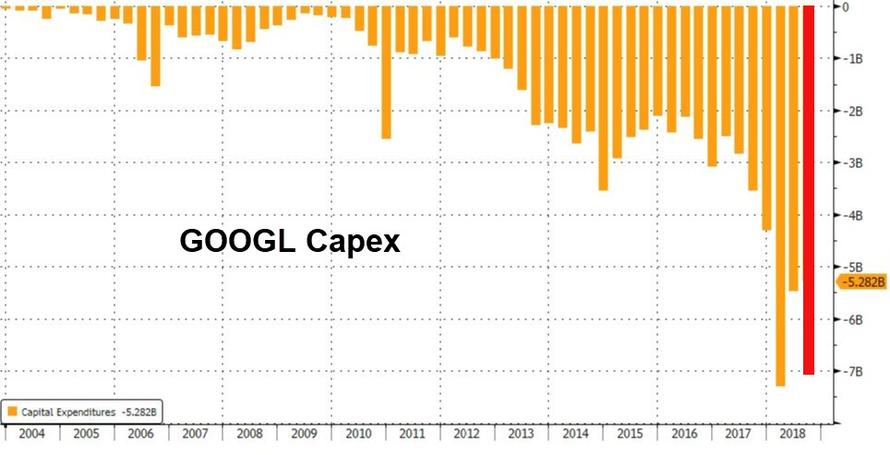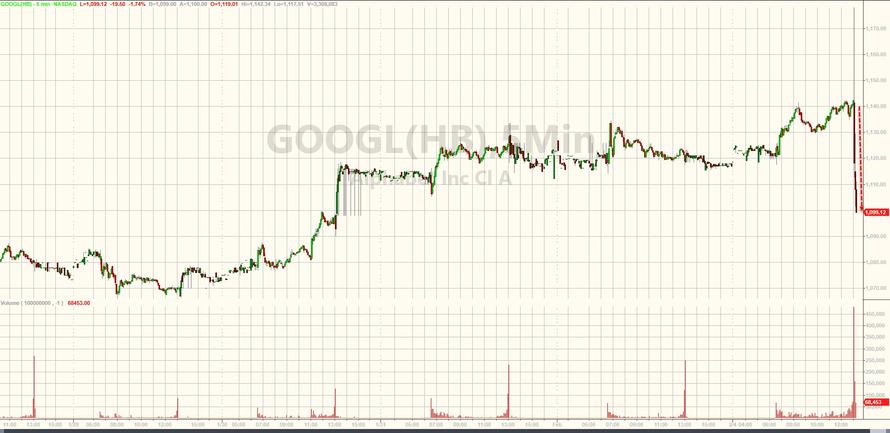Authored by Tom Chatham via Project Chesapeake blog,
Those that have been following events for several years know they are under attack by an enemy that has no face and means to do them great harm. Nothing less than their sovereignty and freedom is at stake. Absolute control over people and resources is the ultimate goal.
People need to understand that the bankers need to collapse everything and leave the population in want of resources and supplies. Just like after a natural disaster when the government shows up to provide help to those that have lost everything, the bankers want to show up after the population has lost everything in a collapse, to be their savior and gain control of everyone by offering resources in exchange for compliance.
There are several actions you can take to prevent these people from gaining control over your life.
You must be able to feed yourself-
You must have a home to live in that you own free and clear-
You need to be your own energy company-
You need to be your own bank-
You need to be able to defend what you have-
You need to have skills to operate your own business-
You need to promote a community based economy-
To put it simply, you need to get out of their game and start your own. Remember, the house always wins.
The bankers can only win the game if people are dependent on the elite for everyday necessities. The bankers have created a society of dependent people that they can exploit. They can only continue to exploit people as long as they are dependent on the bankers for the things they need. Once this dependence is broken the bankers lose much of their control on society. This dependence is broken by people who can provide their own necessities.
Early Americans were largely self sufficient in many things which prevented the bankers from controlling everything. Most people used barter to get the things they needed and bankers have no control over barter transactions. They also have little control when gold and silver are used in cash transactions. These people tried several times to build a central bank in the U.S. but were thwarted. Once the bankers created the FED in 1913, they had the mechanism to control the people.
The bankers and politicians can only win if they have absolute control over you and your family. They can only do this by controlling your access to the things you need and must get from others. By maintaining control over these things yourself, you retain that control and rob them of that power.
In many ways, freedom is a result of self sufficiency. The less you depend on others, the more freedom you have to make your own choices in life. People who make their own choices are difficult to control and once people realize they can live without the bankers and government entities the collective power of these entities falls away. The future will be either a collective society where government controls everything you do every minute of the day or it will be a free society where people make their own decisions and take responsibility for what happens. What people do today to free themselves from the control of the bankers, will determine what world we will live in tomorrow.
via ZeroHedge News http://bit.ly/2DT6QTe Tyler Durden

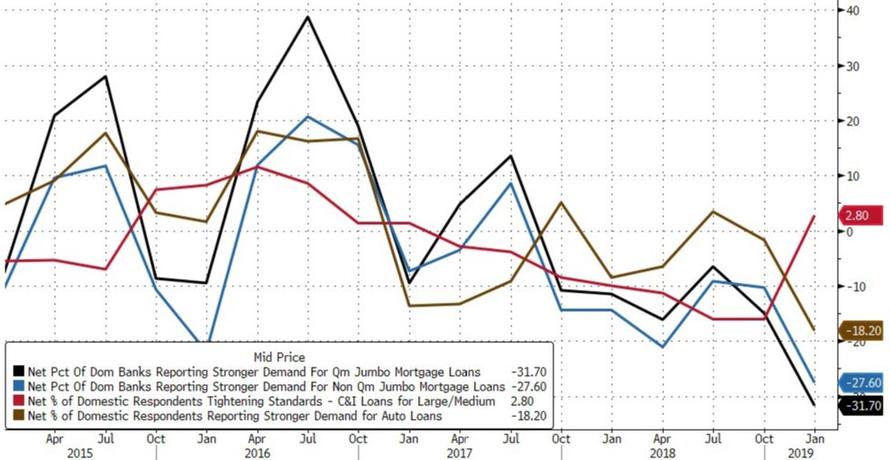
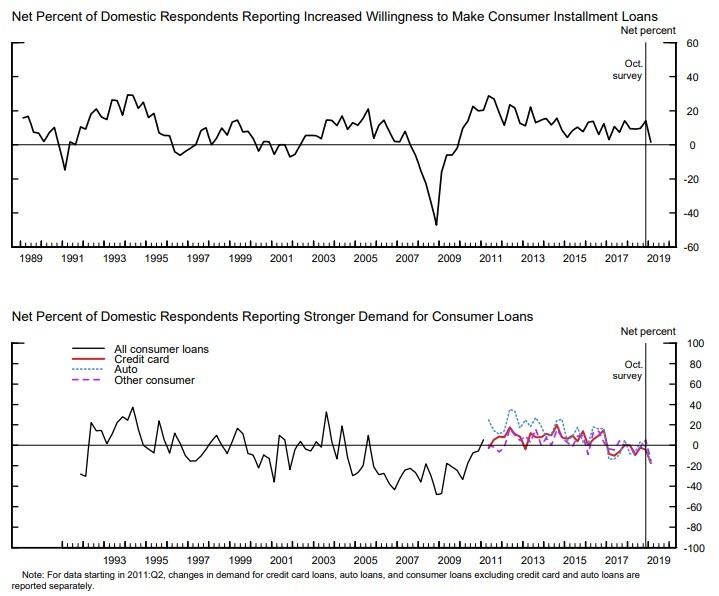

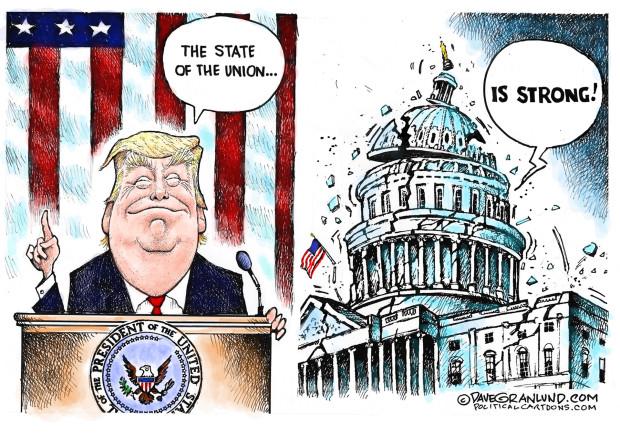


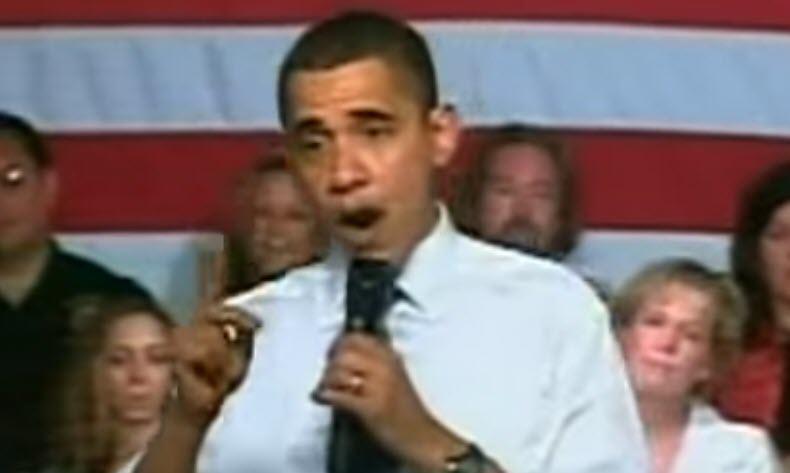
 Virginia Lt. Governor Justin Fairfax (D) has denied that he sexually assaulted a woman at the 2004 Democratic National Convention.
Virginia Lt. Governor Justin Fairfax (D) has denied that he sexually assaulted a woman at the 2004 Democratic National Convention.
 A power outage turned a Brooklyn federal detention center into a dark and frigid fortress in the midst of freezing temperatures last week. Now, federal public defense attorneys have responded with a
A power outage turned a Brooklyn federal detention center into a dark and frigid fortress in the midst of freezing temperatures last week. Now, federal public defense attorneys have responded with a 